Best Times for Foundation Repairs
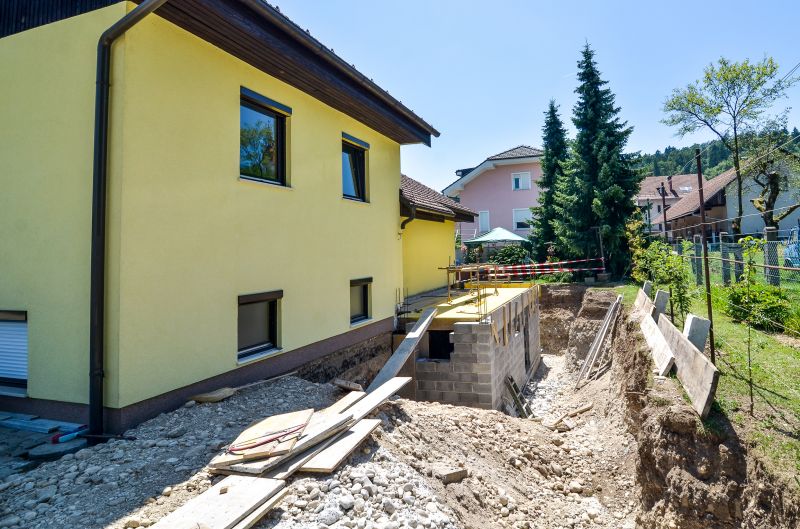
Ways to make Foundation Repairs work in tight or awkward layouts.
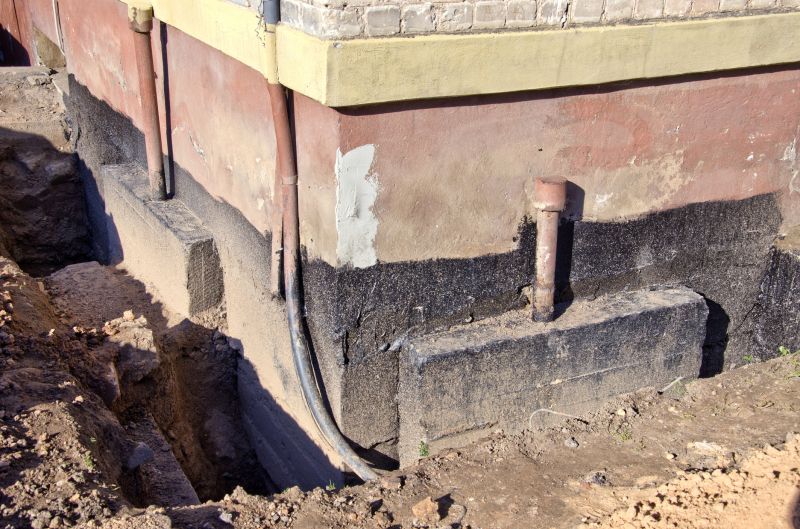
Popular materials for Foundation Repairs and why they hold up over time.
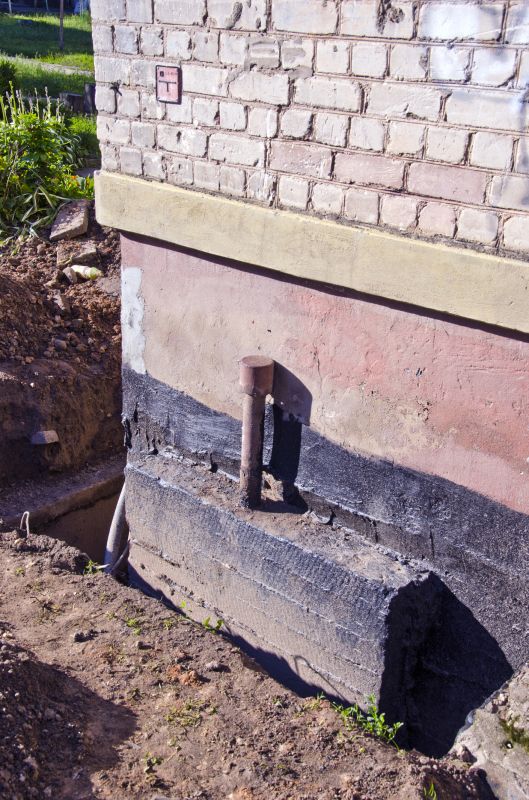
Simple add-ons that improve Foundation Repairs without blowing the budget.
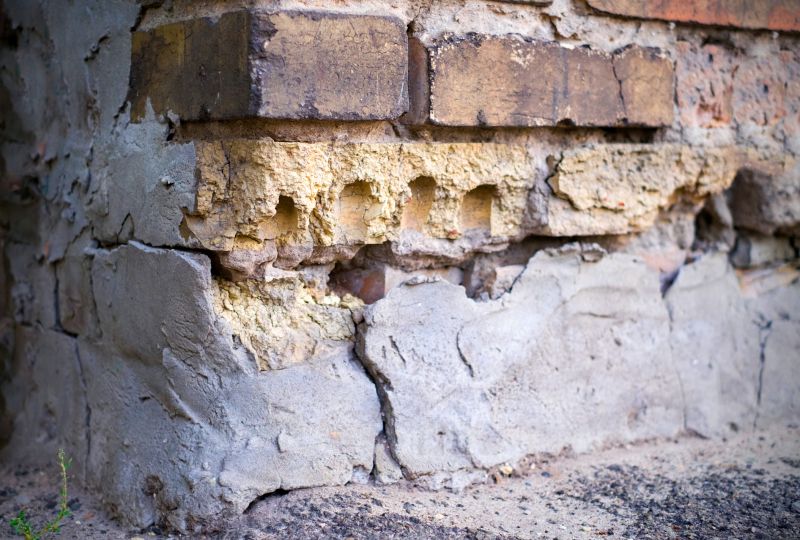
High-end options that actually feel worth it for Foundation Repairs.
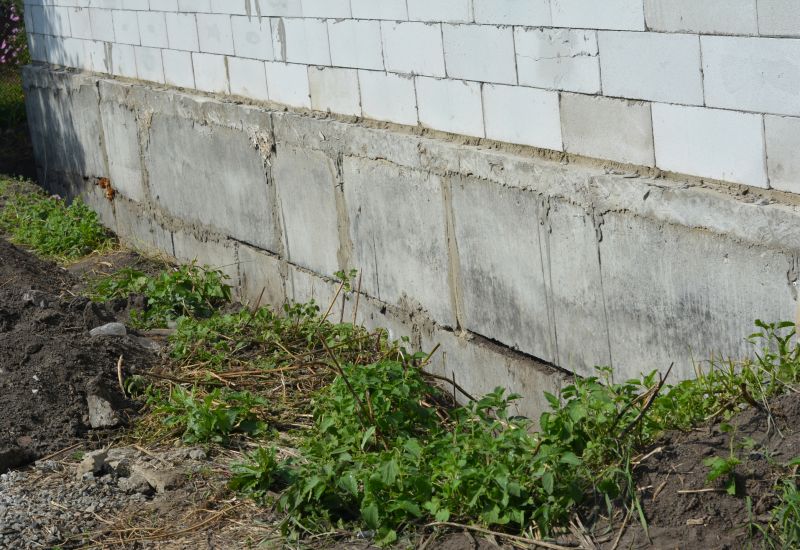
Finishes and colors that play nicely with Foundation Repairs.

Little measurements that prevent headaches on Foundation Repairs day.
Foundation repairs are most effectively performed during specific times of the year when weather conditions are favorable. Temperature and moisture levels significantly influence the success and longevity of repair work. Spring and fall often provide optimal conditions due to moderate temperatures and manageable moisture levels, reducing the risk of further shifting or settling during the repair process.
Performing foundation repairs during extreme weather, such as severe winter cold or summer heat, can pose challenges. Cold temperatures may cause materials to freeze or cure improperly, while excessive heat can lead to rapid drying and cracking. Dry seasons generally allow for better soil stabilization, whereas wet seasons may increase soil movement, complicating repairs.
Spring offers moderate weather and soil conditions, making it a suitable time for foundation work. It allows for soil settling and moisture adjustments before summer.
Fall provides cooler temperatures and less humidity, which can help in effective curing of repair materials. It prepares the foundation for winter.
Winter is generally not recommended due to freezing temperatures that can hinder material curing and soil movement.
Dry, mild weather with stable soil conditions enhances the effectiveness of foundation repairs.
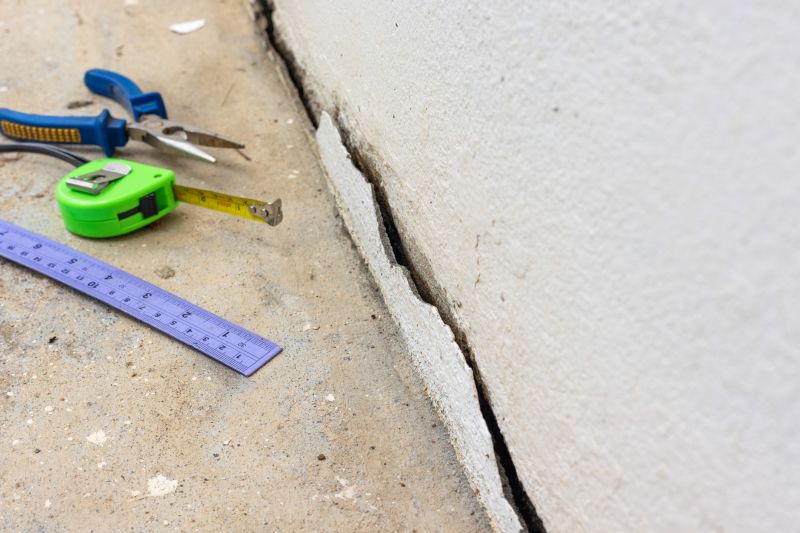
A 60-second routine that keeps Foundation Repairs looking new.
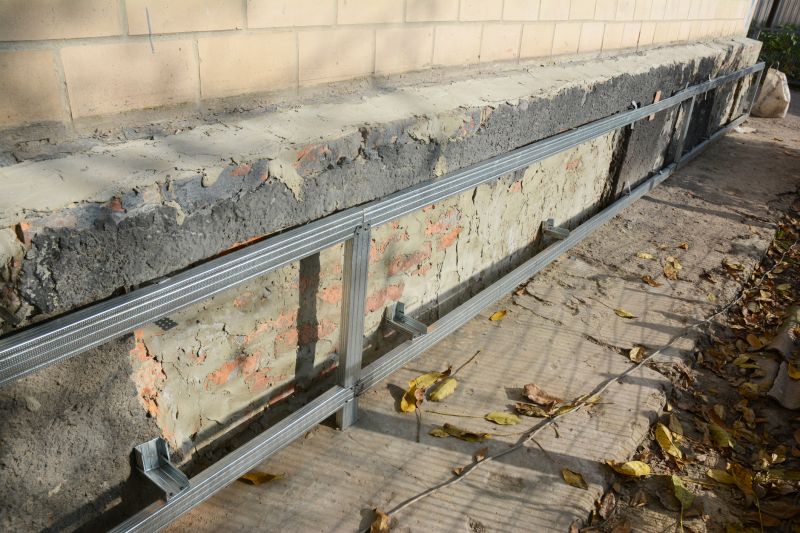
A frequent mistake in Foundation Repairs and how to dodge it.
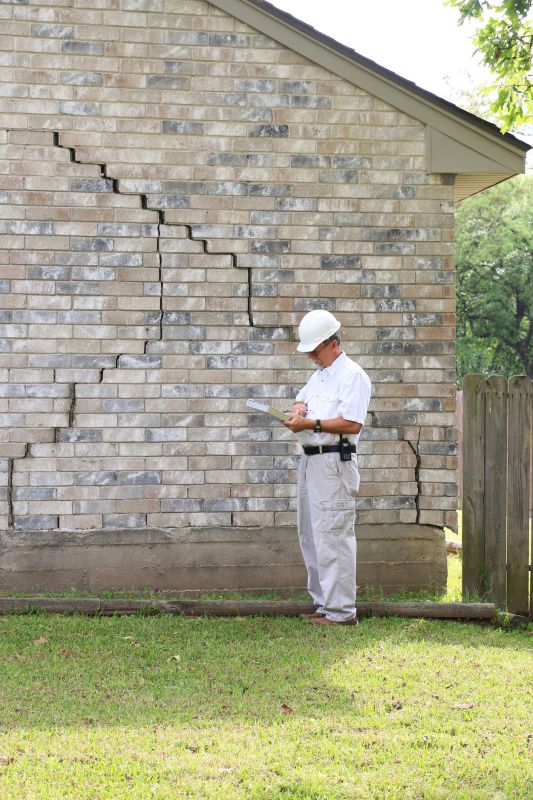
Small tweaks to make Foundation Repairs safer and easier to use.
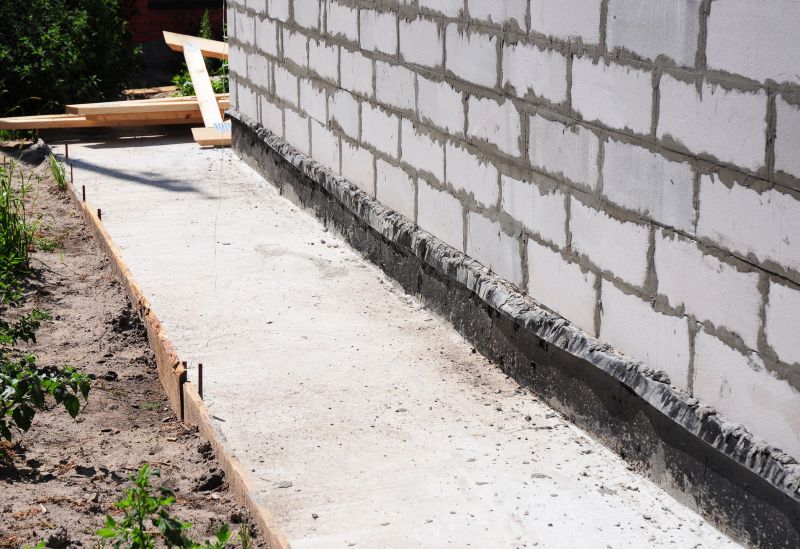
Lower-waste or water-saving choices for Foundation Repairs.
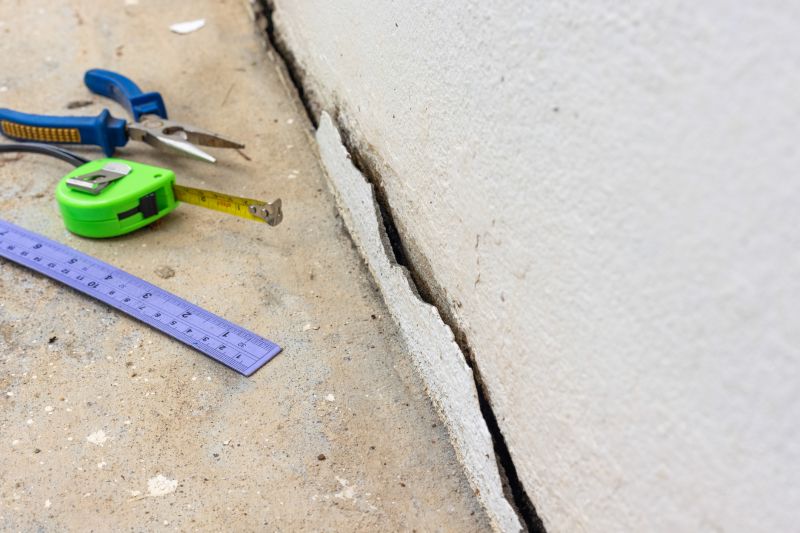
The short, realistic tool list for quality Foundation Repairs.

Rough timing from prep to clean-up for Foundation Repairs.
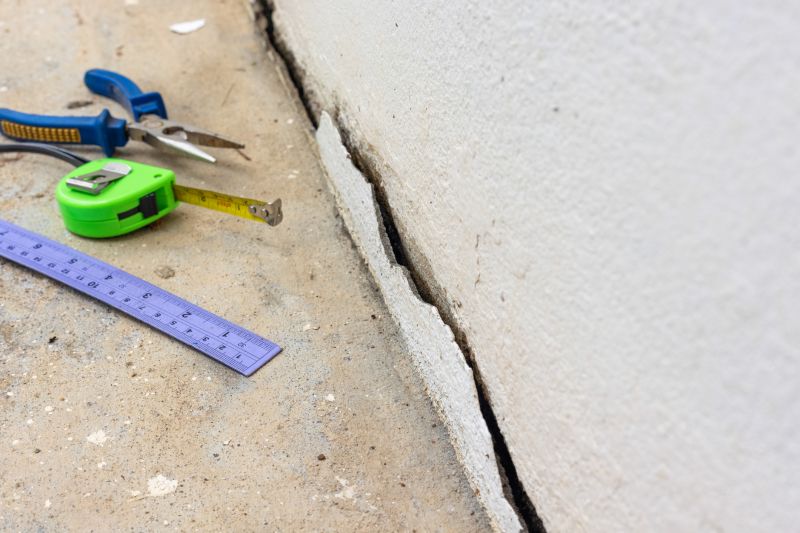
Quick checks and paperwork to keep after Foundation Repairs.

Examples that show the impact a good Foundation Repairs can make.
| Season | Best for Foundation Repairs |
|---|---|
| Spring | Ideal due to moderate weather and soil conditions. |
| Summer | Possible, but extreme heat may affect curing. |
| Fall | Excellent for repairs before winter. |
| Winter | Generally not recommended due to freezing temperatures. |
| Dry Seasons | Favorable for soil stabilization. |
| Wet Seasons | Challenging due to soil movement. |
Understanding the seasonal influences on foundation repair can help in planning the most effective timing. Proper timing ensures that materials cure correctly and soil conditions remain stable, reducing the risk of future issues. Consulting with a foundation specialist can provide tailored advice based on local climate patterns.

Ways to make Foundation Repairs work in tight or awkward layouts.

Ways to make Foundation Repairs work in tight or awkward layouts.

Ways to make Foundation Repairs work in tight or awkward layouts.

Ways to make Foundation Repairs work in tight or awkward layouts.
Timely foundation repairs can prevent more extensive and costly damage in the future. It is advisable to monitor foundation conditions regularly and consult professionals when signs of shifting or cracking appear. Proper planning around seasonal conditions enhances repair success and durability.
Interested in foundation repairs? Filling out a contact form can provide access to expert assessments and tailored solutions to maintain the stability and safety of a property.

